Waterproofing for Structural Protection
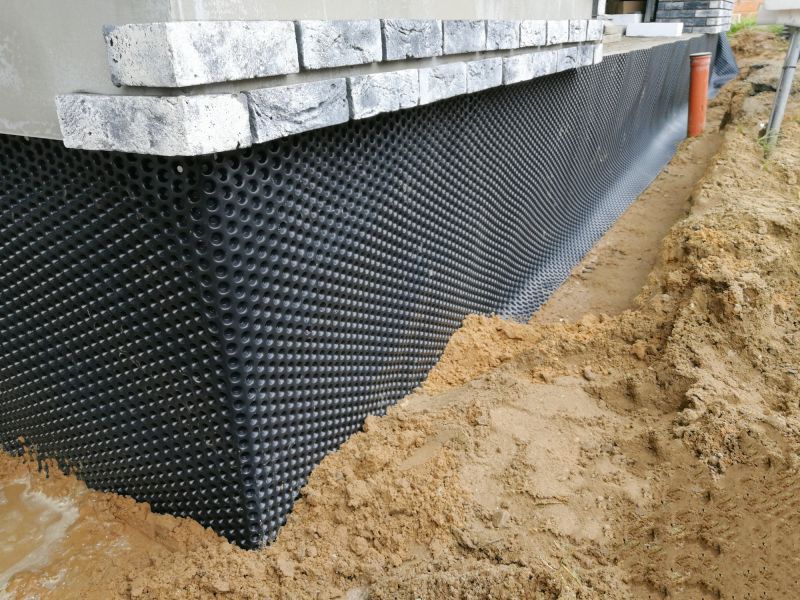
Spring offers moderate temperatures and dry conditions ideal for waterproofing projects.
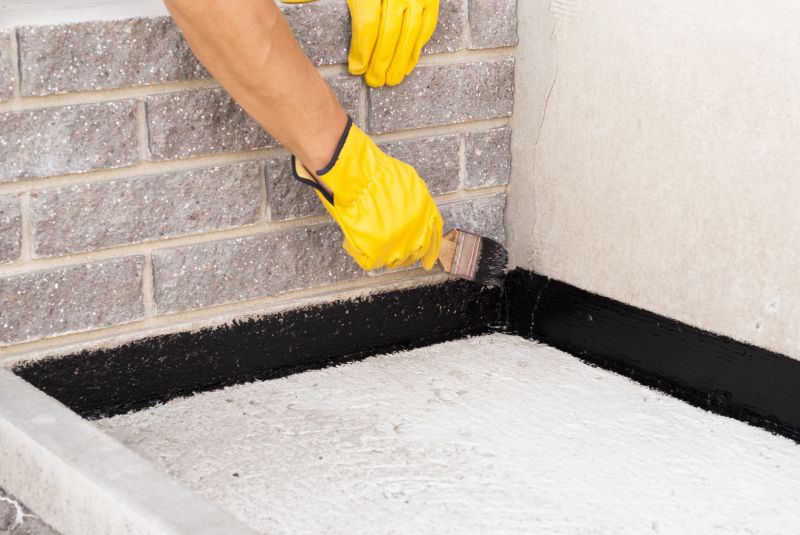
Warm weather allows for effective application, but high humidity can affect curing times.
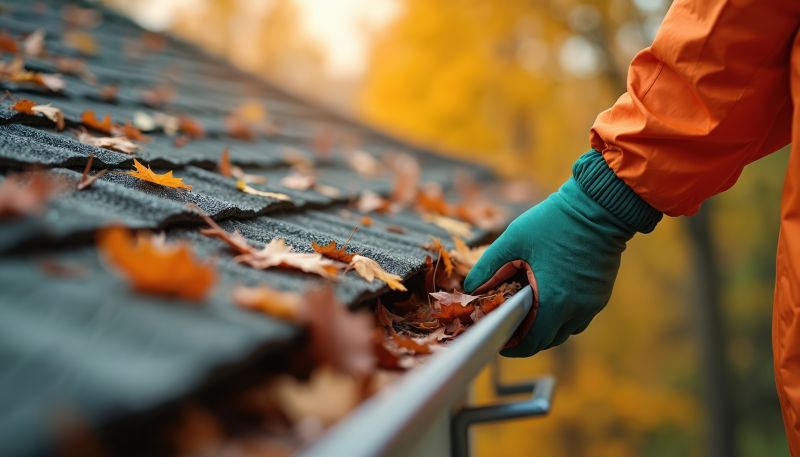
Cooler temperatures and less rain make autumn suitable for waterproofing tasks.
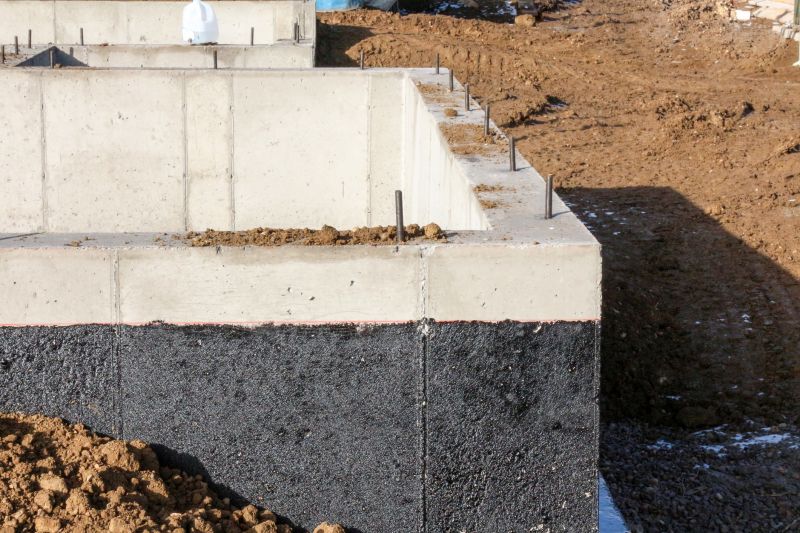
Cold and wet conditions generally hinder waterproofing application and curing.
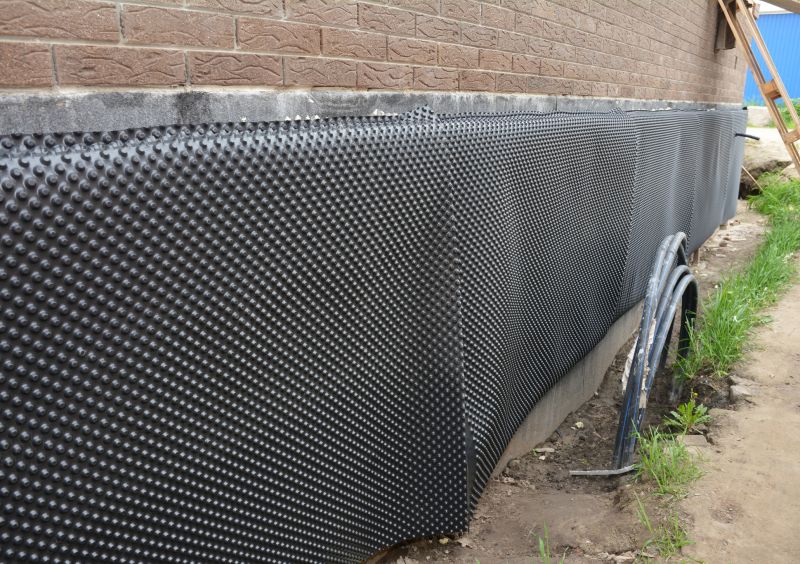
Late spring and early autumn are considered the best periods for waterproofing due to favorable weather.
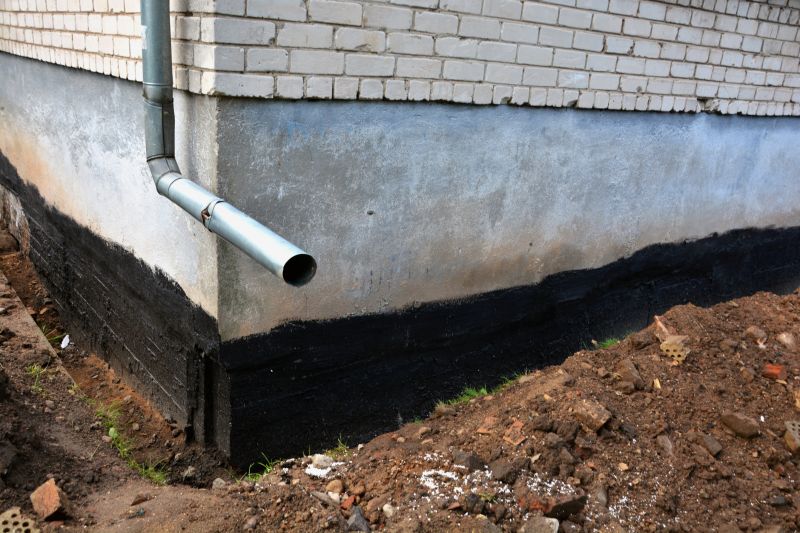
Dry, mild days with low humidity support the best results for waterproofing projects.
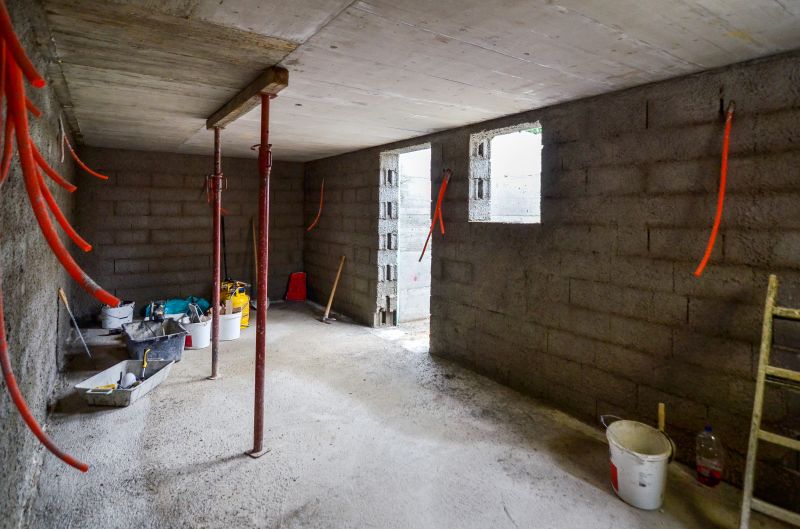
Ways to make Waterproofings work in tight or awkward layouts.
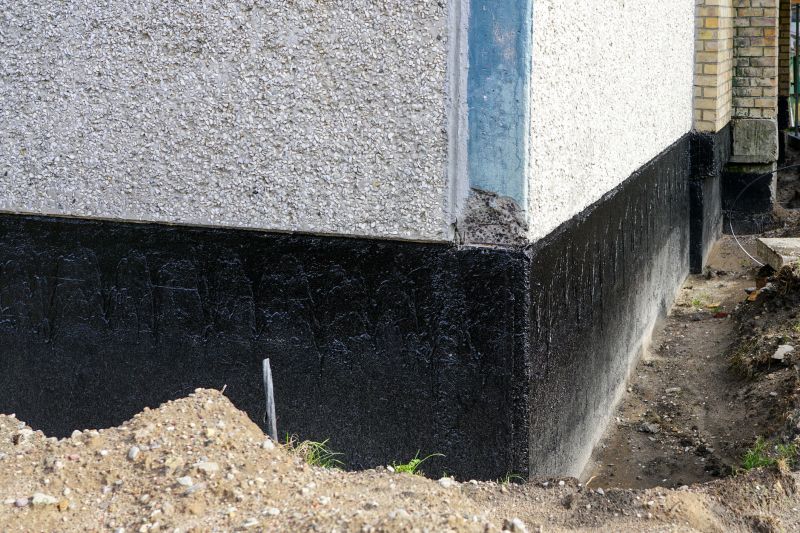
Popular materials for Waterproofings and why they hold up over time.
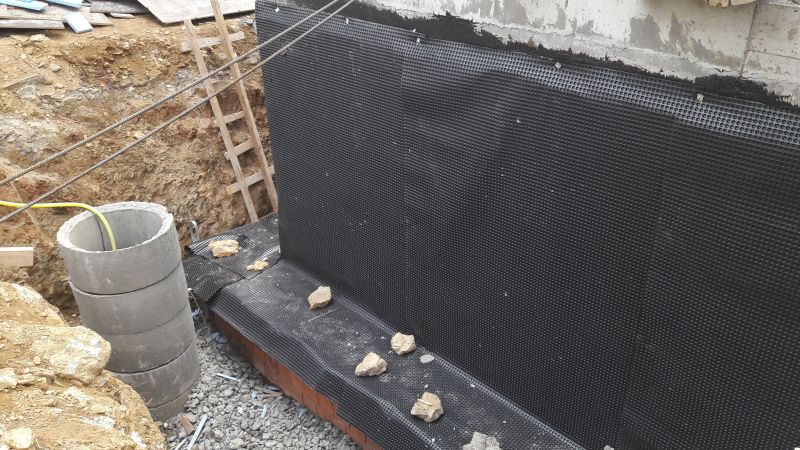
Simple add-ons that improve Waterproofings without blowing the budget.
Waterproofings are essential for protecting structures from water intrusion, which can cause damage, mold growth, and structural weakening. Proper waterproofing ensures longevity and reduces maintenance costs. The effectiveness of waterproofing materials depends heavily on weather conditions during application, with ideal conditions promoting better adhesion and curing.
Statistics indicate that waterproofing failures are often linked to improper timing and application conditions. Applying waterproofing materials during unsuitable weather can lead to reduced durability and increased repair costs over time. Therefore, selecting the right season and weather window is crucial for the success of waterproofing projects.
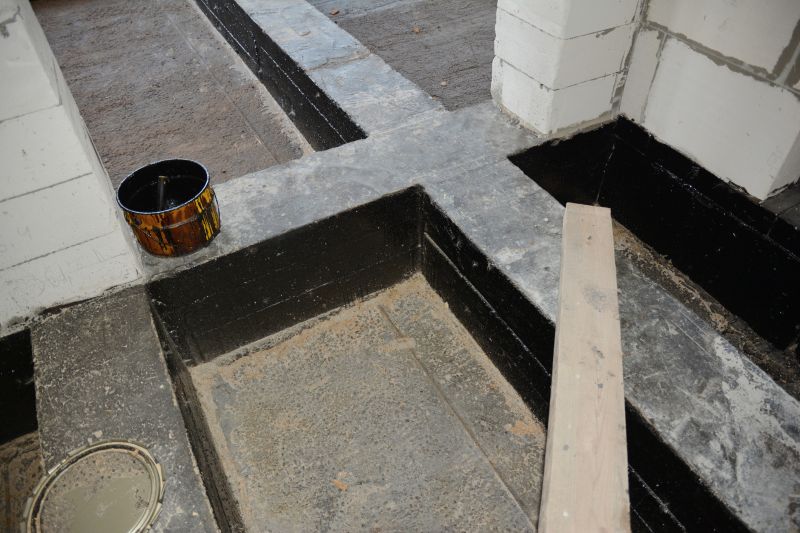
Proper surface preparation and timing are vital for durable waterproofing.
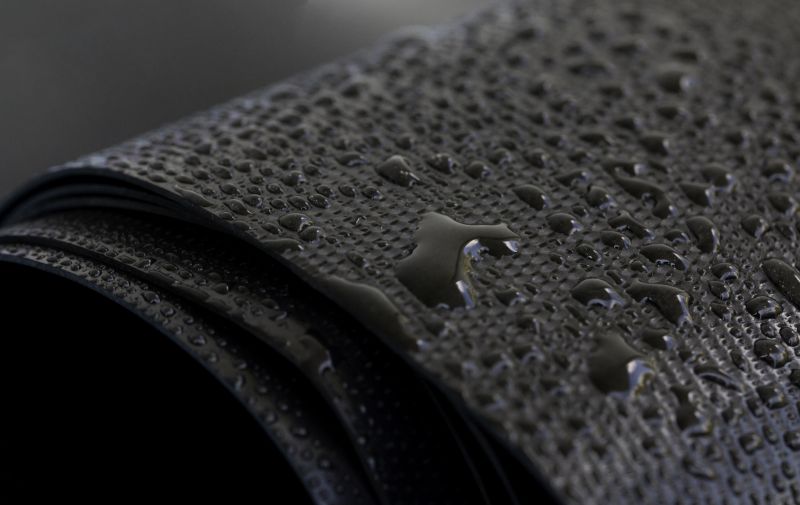
Rain and extreme temperatures can compromise waterproofing effectiveness.
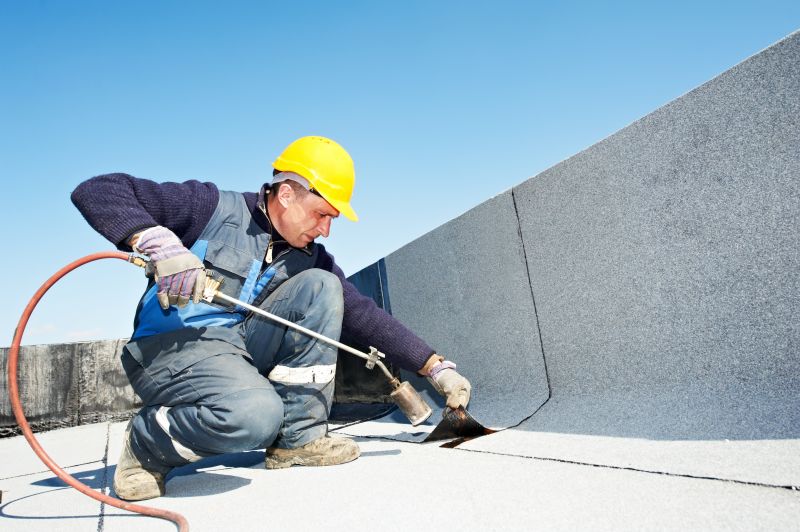
Different waterproofing materials perform best under specific weather conditions.
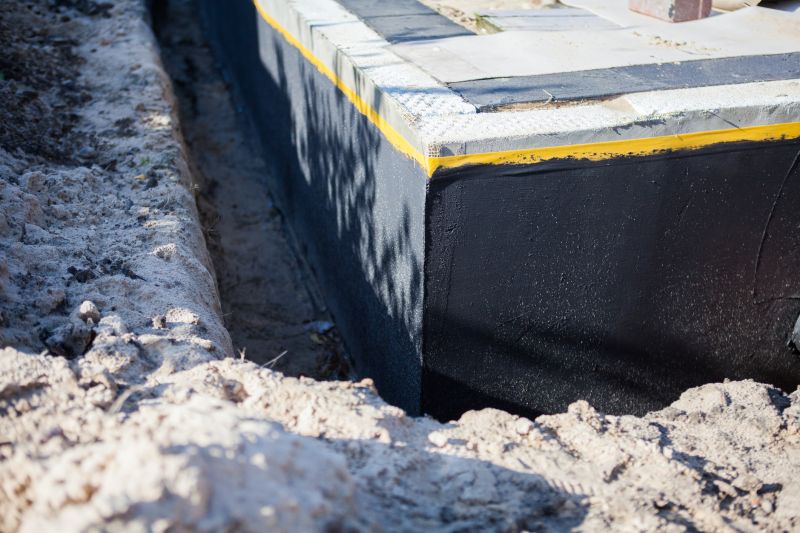
Regular inspections and timely touch-ups extend waterproofing lifespan.
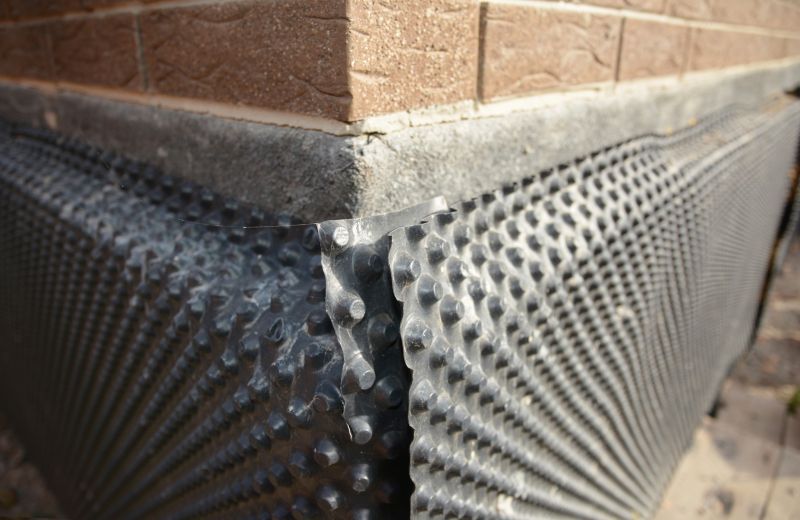
High-end options that actually feel worth it for Waterproofings.
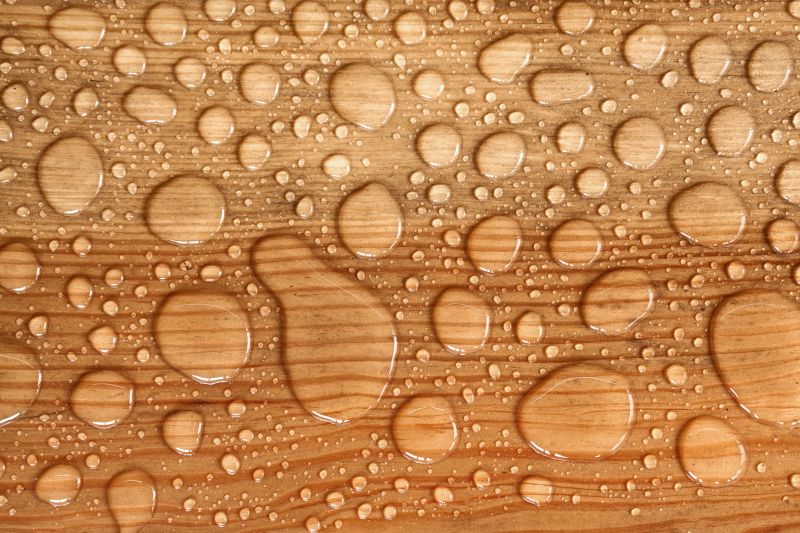
Finishes and colors that play nicely with Waterproofings.
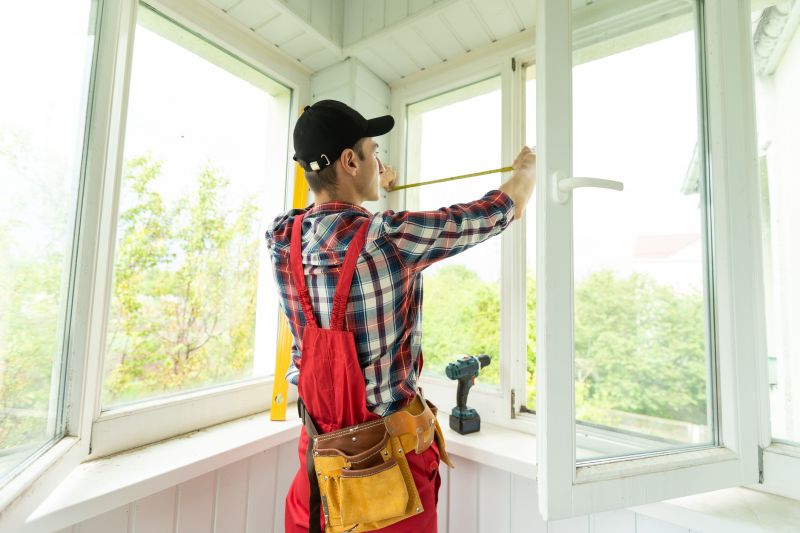
Little measurements that prevent headaches on Waterproofings day.
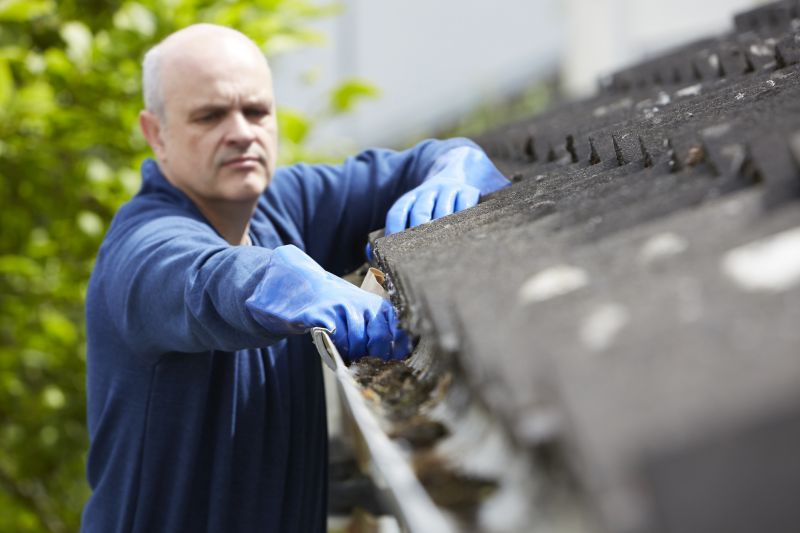
A 60-second routine that keeps Waterproofings looking new.
| Season | Ideal Conditions |
|---|---|
| Spring | Moderate temperatures, low humidity, dry days |
| Summer | Warm, dry days with low humidity |
| Autumn | Cooler temperatures, dry weather |
| Winter | Cold, wet, and unsuitable for application |
| Late Spring/Early Autumn | Most suitable for waterproofing projects |
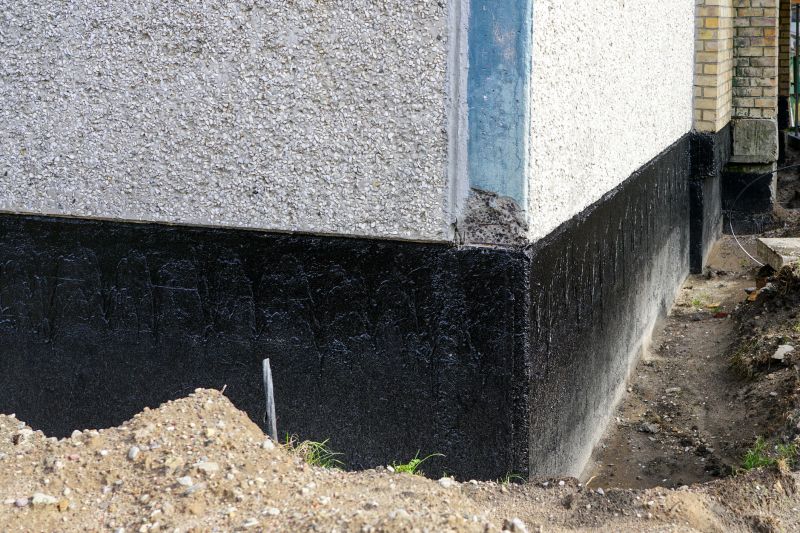
Applying waterproof coatings during optimal weather ensures long-lasting protection.
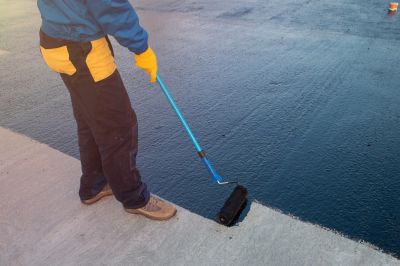
Timing in dry seasons prevents water intrusion during application.
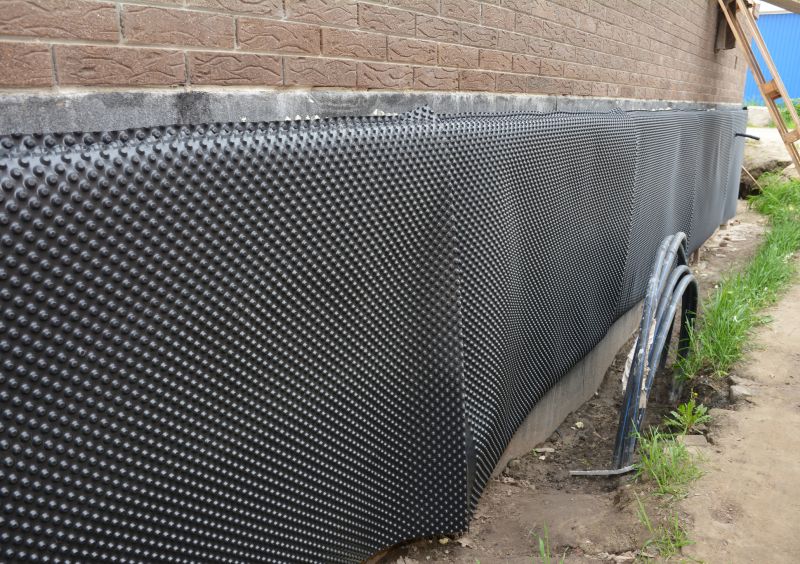
Proper season selection minimizes moisture-related issues.
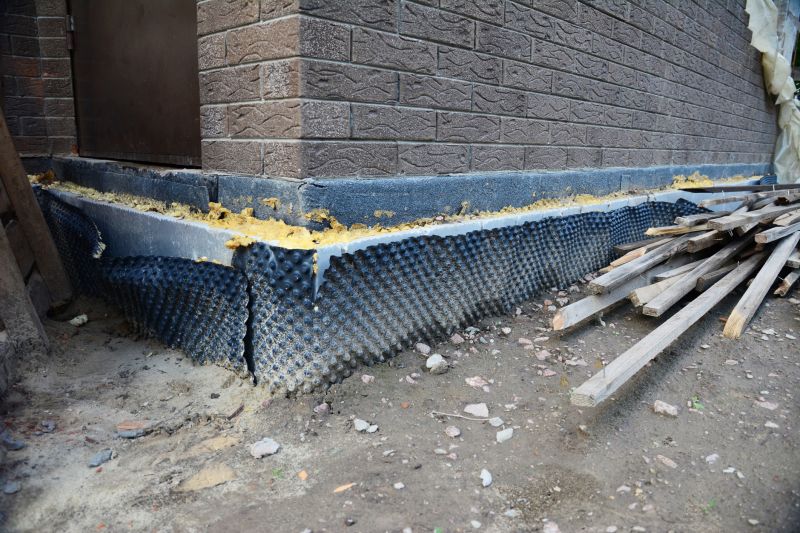
Ideal conditions prevent future water seepage.
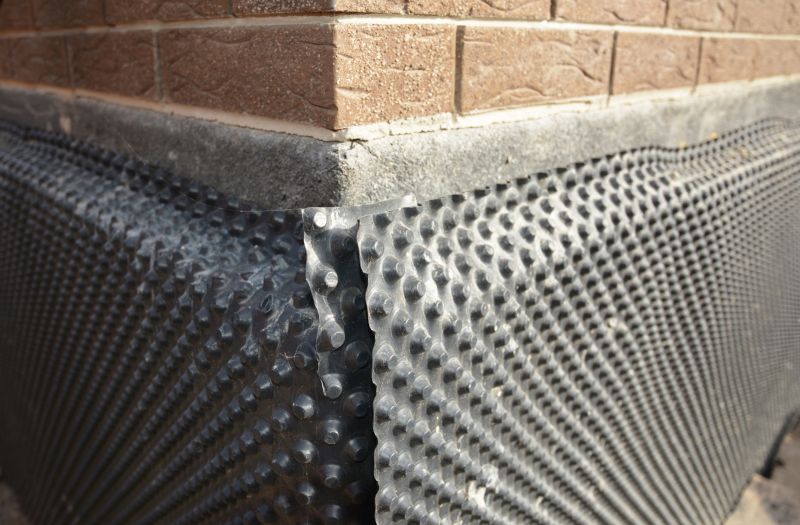
Application during suitable weather extends membrane lifespan.
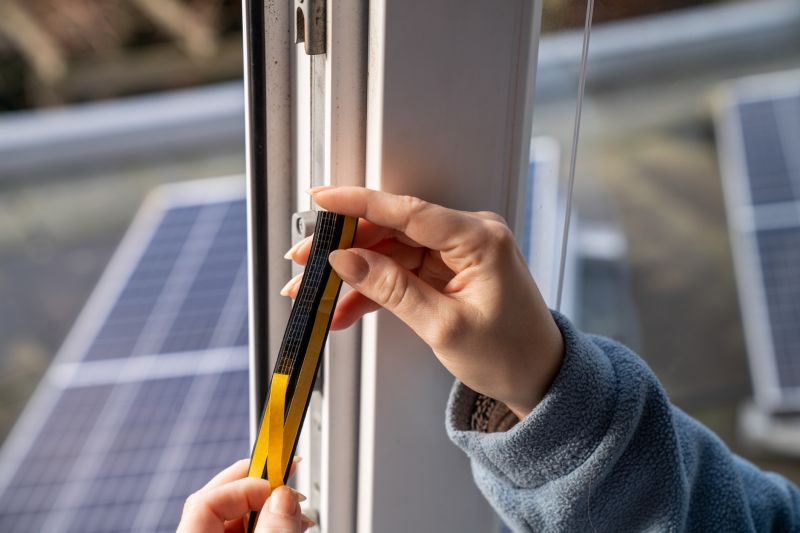
Optimal weather conditions improve sealant adhesion.
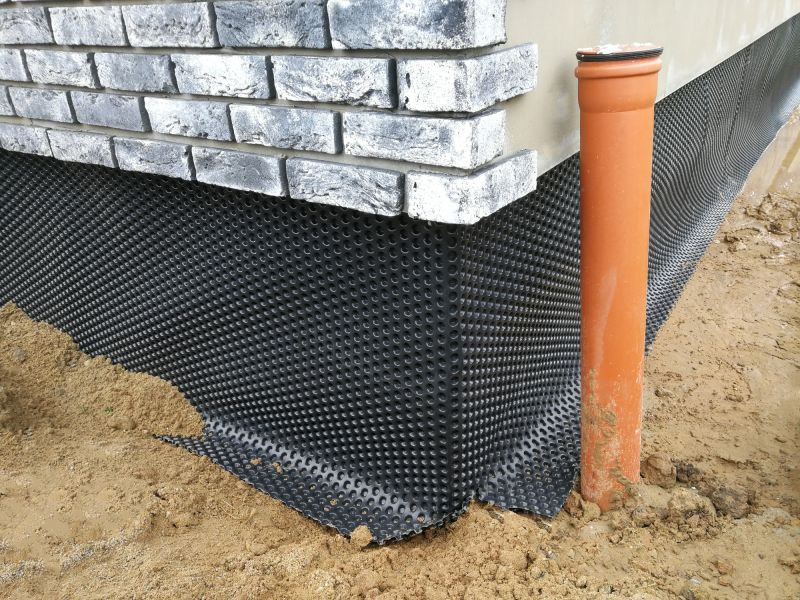
Timing ensures effective installation and durability.
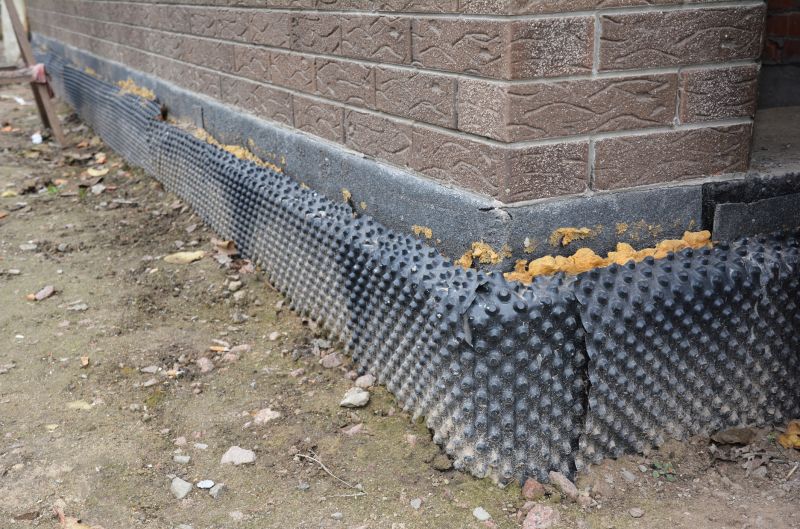
Dry, warm weather supports proper curing and adhesion.
Choosing the right time for waterproofing projects is crucial for ensuring optimal performance and longevity. Proper timing minimizes risks associated with weather-related issues and enhances the effectiveness of waterproofing materials. Consulting weather forecasts and planning during periods of stable, dry weather can lead to better results.
Interested in waterproofing services? Filling out the contact form can help schedule your project during the most suitable season for lasting protection and durability.
A frequent mistake in Waterproofings and how to dodge it.
Small tweaks to make Waterproofings safer and easier to use.
Lower-waste or water-saving choices for Waterproofings.


